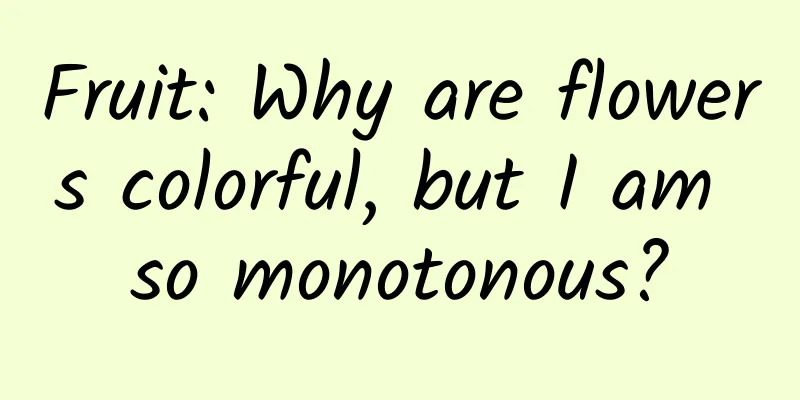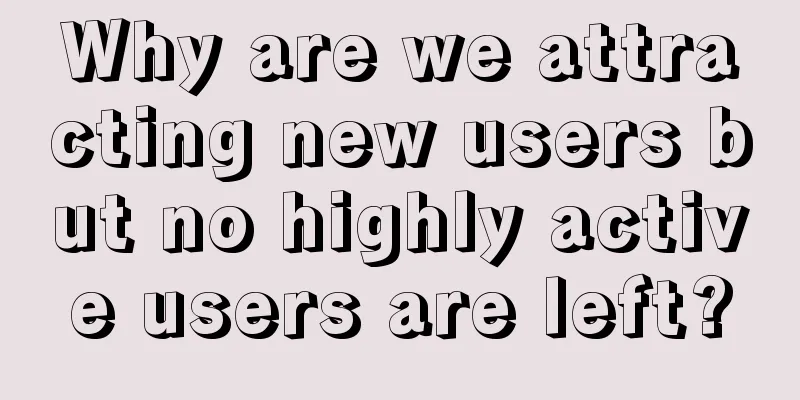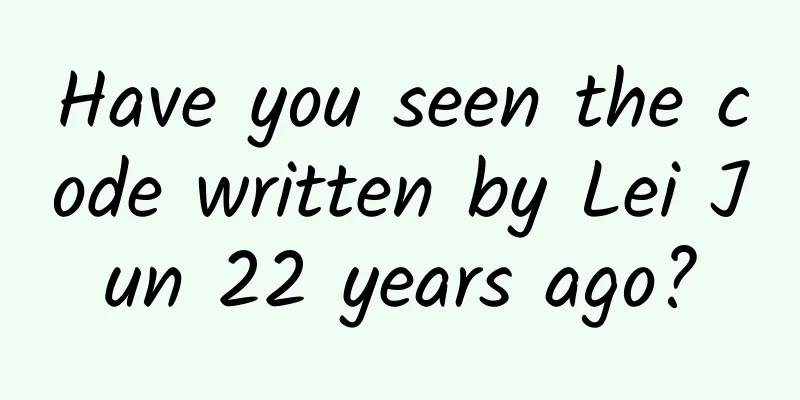AlphaGo's victory: a historic leap forward for artificial intelligence
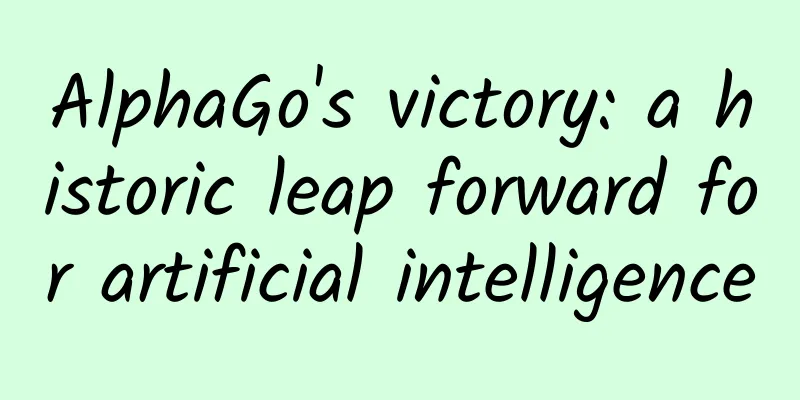
|
In Seoul, South Korea, Lee Sedol and his daughter Lee Hye-rin went to play their last Go game against Google's artificial intelligence program AlphaGo. AlphaGo’s 4-1 victory was a historic step forward for computer programs and artificial intelligence researchers who are trying to create software that can outperform humans at board games. "It made me question human creativity. When I saw AlphaGo's moves, I started to wonder if the moves I knew before were correct," Lee Se-dol, 33, the human player, said at a news conference after the match. "Its style is different, and this kind of game is completely different from my previous experience, so I need time to adapt." "AlphaGo made me realize that I have to learn more about Go," said Lee Sedol, one of the world's top Go players. Go is a two-player strategy board game said to have been invented in China more than 3,000 years ago. Players play by placing white and black pieces at the intersection of a board with 19 lines vertically and horizontally. For computer programmers trying to develop software that can outperform humans at the board game, Go has been the last great obstacle since Deep Blue, a supercomputer developed by IBM, soundly defeated the chess world champion Garry Kasparov in 1997. Artificial intelligence experts have predicted that it will take at least 10 years of development for a computer program to defeat a Go master like Lee Sedol. However, AlphaGo, developed by DeepMind, an artificial intelligence company owned by Google, has already surprised the Go world. In December last year, it defeated the three-time European champion Fan Hui 5-0. Then it challenged Lee Sedol, a much stronger opponent than Fan Hui, who has won 18 international championships. AlphaGo won three straight games at the start, quickly settling the best-of-five match. (Google has said it plans to donate the $1 million prize money to charities such as UNICEF.) But on Sunday, Lee Sedol staged a dramatic counterattack, forcing AlphaGo to resign in the fourth game, demonstrating the human capacity for adaptation. Although many spectators could not understand the intricacies of the chess game, the mood on the field was obviously very tense during the countdown phase of the game. Before making a move, each player only had one minute to weigh and anticipate the next few moves for himself and his opponent. At the award ceremony held after the game, Hong Seok-hyun, president of the Korea Go Association, presented the AlphaGo team with an honorary ninth-dan certificate, the highest title a Go player can receive. Lee Sedol is also a ninth-dan player. Demis Hassabis, chief executive of Google’s DeepMind, said the game against Lee Sedol revealed several weaknesses in AlphaGo that his team would work to address. The computer algorithms used by AlphaGo “could one day be used to solve problems in everything from medicine to science,” he said. Hassabis said more than 100 million people watched the AlphaGo-Lee match, and he said he hoped the attention would encourage more people to learn Go, “the most profound board game ever invented by humans.” Lee Sedol said that AlphaGo is different from all the human players he has encountered before. "It can always maintain mental calm and mental focus," he said. "In this respect, I think humans can't beat it, although I'm still reluctant to admit that AlphaGo is better than humans in chess." Lee Sedol said that before the match with AlphaGo, he had begun to doubt whether he still enjoyed playing Go - he has played as a professional player since he was 12. But he said the match rekindled his passion for Go. “I have some regrets in the match against AlphaGo,” he said. “But I enjoyed it very much.” Source: cn.nytimes |
<<: A brief discussion on the deep learning technology behind AlphaGo
Recommend
Video courses on e-commerce industry design
Introduction to video course resources in the fie...
What keeps users in your product?
Introduction I once used a canvas belt for six ye...
How much does it cost to attract investment for the Linfen Fruit Mini Program? What is the investment price for Linfen Fruit Mini Program?
Linfen Fruit Mini Program investment promotion is...
One picture to understand|It turns out that Qu Yuan also celebrated the Dragon Boat Festival
Produced by: Dongdong Miao, WeChat ID: Dongdongme...
Go to bed, old off-roader, the dark blue G318 is not for you
Recently, DeepBlue Auto CEO Deng Chenghao release...
What would happen if the speed of light was slowed down 10,000 times? Photonic chips can tell you
Slowing down the speed of light: The new mystery ...
The Course on the Mood Cycle of Hot Money
Course Description This course focuses on explain...
Brand marketing and promotion, how to capture the young group?
In May, which is Mental Health Month, Burger King...
Product operation, how to cross-border thinking?
In the process of career change or operational gr...
In the bleak global mobile phone market in Q1, who is bucking the trend?
In addition to the Chinese market, in the smartph...
Are we still unaware of the radiation we are exposed to? Can we still eat food contaminated by nuclear weapons?
The theme of the popular science comics is derive...
Say goodbye to back-to-school syndrome by doing this
Popular Science Times reporter Chen Jie At the be...
Who are the users of search engines?
The users of search engines are people who search...
Tik Tok follower growth tool automatically increases the number of followers!
About the Douyin follower-increasing tool to auto...
Marketing Promotion丨3 suggestions for brands to build their own content and influencer ecosystem
2020 is the first year for brands to focus on sho...




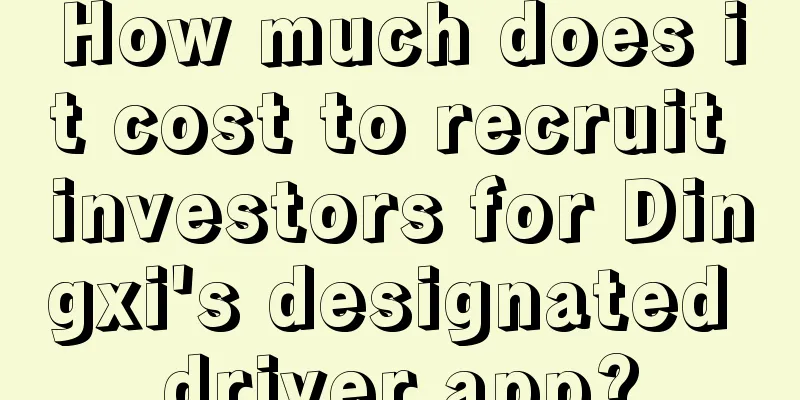
![[Energy History 01] A ghost in the water and a flower ended the two thousand years of atomic debate](/upload/images/67f26676f2d09.webp)
